The first stages toward China-Pakistan Economic Corridor phase II
During the recent visit of a high-ranking Pakistan delegation to Beijing, China didn’t agree to Pakistan’s proposals to ease the immediate economic pressure. Still, it did agree to long-term industrial cooperation, which is important for the second phase of the China-Pakistan Economic Corridor to work (CPEC).
In 2018, Pakistan and China signed a memorandum of understanding (MOU) about industrial cooperation. As the first phase of the CPEC project moved forward, many big infrastructure and power projects were nearing completion. CPEC’s progress was slowed down by political changes in Pakistan and a pandemic that spread quickly.
Other than the framework agreement on industrial cooperation between the countries that make up the CPEC project, Pakistan wanted to get help from a big, powerful country to ease the pressure on its external accounts, make more room for new borrowing, and help with the bank credit issues that CPEC projects have caused for private businesses.
To do this, Pakistan asked China to increase the limit on the currency swap facility from $4.5 billion to $10 billion, help set up a China-Pakistan Industrial Cooperation Fund, and delay the repayment of a $4 billion loan from China that is due this year by a year.
The extended currency swap facility will allow the government to think outside the box when managing the country’s debt. Moving the Chinese loan liability from the federal government’s books to the State Bank’s will free up space for new loans.
The Industrial Cooperation Fund can help private projects under the umbrella of the CPEC get the money they need because local commercial banks aren’t willing to lend because of the risks. Finally, the repayment rollover may stop the loss of foreign exchange reserves that is putting the value of the dollar at risk.
The recent trip to China may not have given us immediate money, but the framework agreement on industrial cooperation is important.
The government approved $11.6 million in compensation for the Chinese people who were hurt in the attack on the Dasu Dam before the trip. The cabinet agreed to pay Rs100bn of the Rs230bn owed to the Chinese power plants. They also ordered the release of Rs50bn right away. The government also ordered the creation of a revolving bank account with a minimum balance of 22% of the power purchase deal with Chinese companies. This account must be kept at least that amount at all times. The Gwadar Power Plant, which has a capacity of 300 megawatts, was also added to Pakistan’s list of high-priority projects in terms of quick payment of bills.
Read more with EL news : Residential projects in DHA City Karachi to be launched
The government thinks the four-day visit will be a great success, with the leaders and private investors having a lot of meetings. Finance Minister Shaukat Tareen was very clear and precise when Dawn asked him about the trip. Of course, the visit was very useful, he said in a text message.
One of the Prime Minister’s Special Assistants, Khalid Mansoor, was excited. The trip was great, Alhamdulillah. Couldn’t be better, he said. During a phone call, he told Dawn that the landmark framework deal had started a journey that could change the country for the better. : “We went to the event well-prepared, and we got the reward for our hard work.” With the right interfaces, I had a lot of fun. They took note of all of our ideas. During the meetings, there was a very positive vibe.
When the framework wasn’t signed for years, he called it a “force majeure.” He blamed the delay on the global health crisis. He said that after he came back from China, there had been a lot of talk about 37 investment projects getting the go-ahead. He said that the exemption for Chinese investors would be available to all investors in special economic zones across the country.
People in the business world were a little worried about what they thought was a gradual shift in the country away from the US and the West. Exporters who wanted to sell their goods in the West said that diplomatic relationships should be balanced. Most of the top-level business leaders we talked to probably didn’t want to be seen as being on the wrong side of the government or their international partners, so they didn’t talk about it at all.
Interloop CEO Musadaq Zulqarnain, who is also CEO of Interloop Ltd. and its affiliates, told people to wait and see what happens before taking a stand on the government’s desire to get closer to China. “It’s hard to tell how the trip to China will go at this point,” he said, referring to Pakistan’s high expectations. People in China are known for taking their time to make a choice. In this case, they took place on the sidelines of the Winter Olympics, a global sports event during a time of crisis.
“Pakistan is in a bad situation.” China, Russia, the United States, and Europe are all important countries for the government to have good relations with. We also have a lot in common with the West regarding business.
China should be the main focus. Bangladesh, Vietnam, Cambodia, and African countries should not be the first choices for Chinese investors. Pakistan should be their first choice instead. During this time, he was worried about the rise in terrorism in Pakistan. This is why.
A message was sent to BOI Chairman M. Azfar Ahsan and Secretary Fareena Mazhar to ask their thoughts on the subject, but their response didn’t reach Dawn until this report was written.
To get the Chinese private sector to move their plants to Pakistan, you can’t just bend backward. I don’t know of a country where the locals don’t want foreign investors to come, but the foreign investors like it. The government needs to get local people to invest if it wants global investors to take a look. A businessman in Karachi, Pakistan, said he was fed up with the unstable gas supply to his plant.
The first stages toward China-Pakistan Economic Corridor phase II.
Keep up with Estate Land Marketing for news and updates.

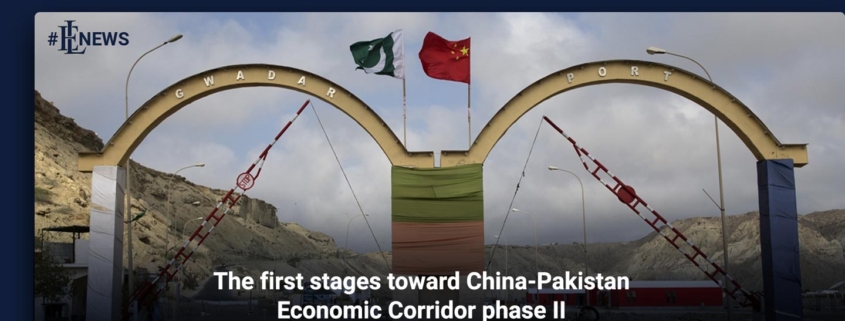
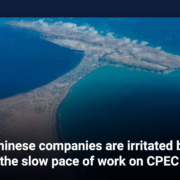
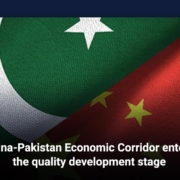
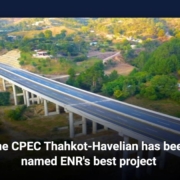
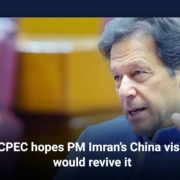
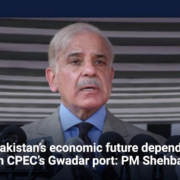
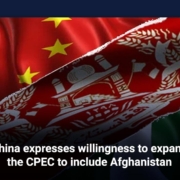
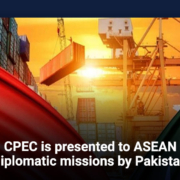
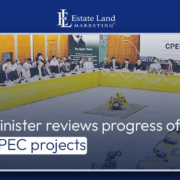


Leave a Reply
Want to join the discussion?Feel free to contribute!